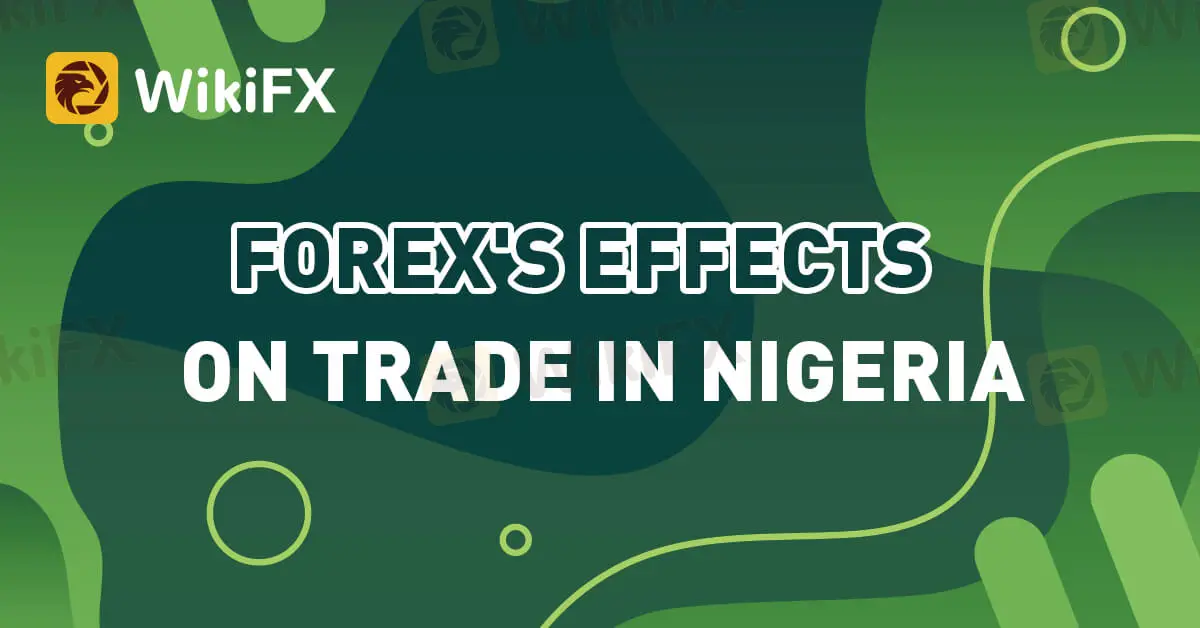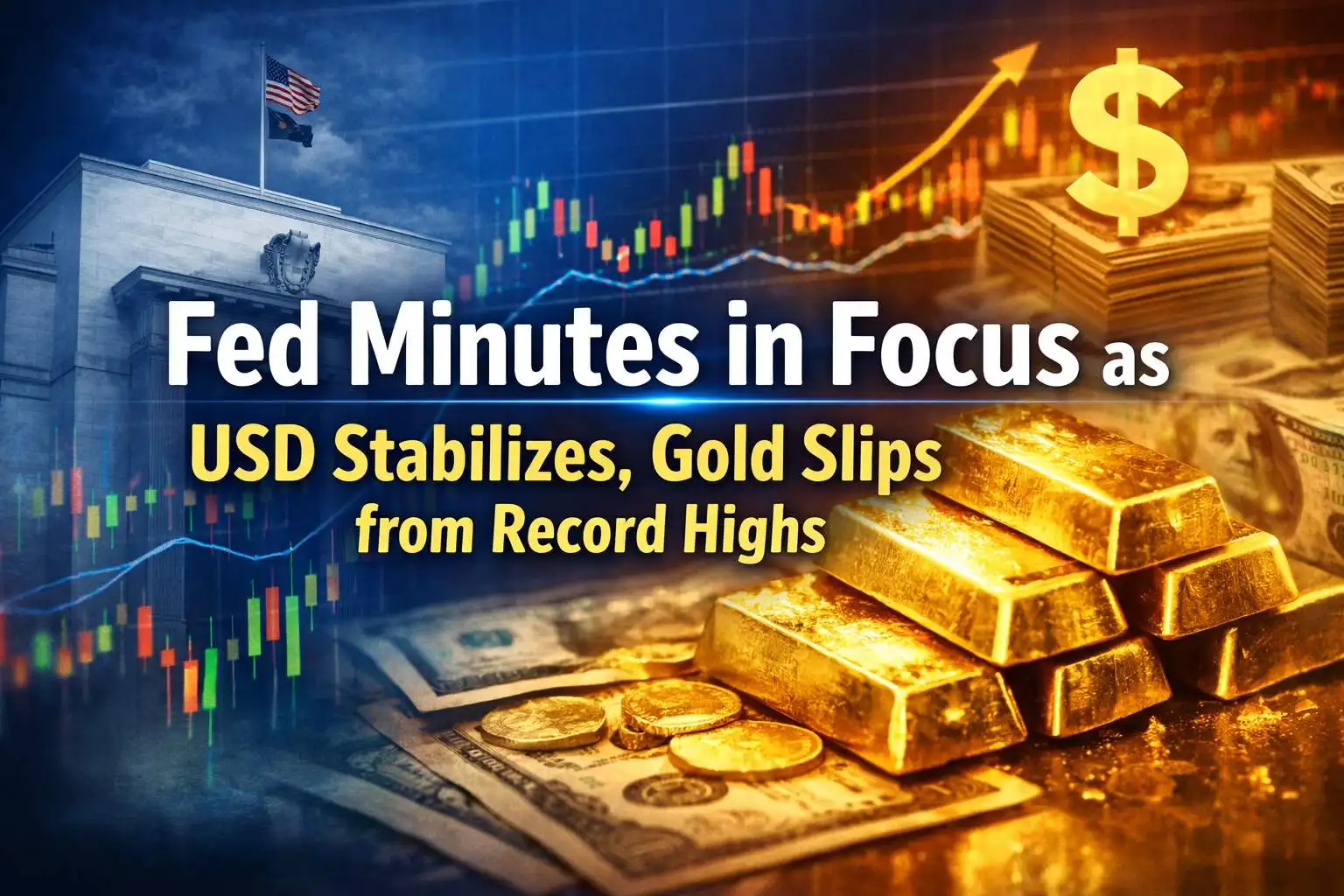Abstract:Nigeria's economy has been in a recession recently as a result of current account deficits, state debt, rising interest rates, and inflation. In October 2022, Nigeria's inflation rate rose to 21.09 percent from 15.92 percent the year before. But the unstable currency exchange rate also contributes to Nigeria's economic woes.

Nigeria's economy has been in a recession recently as a result of current account deficits, state debt, rising interest rates, and inflation. In October 2022, Nigeria's inflation rate rose to 21.09 percent from 15.92 percent the year before. But the unstable currency exchange rate also contributes to Nigeria's economic woes.
Foreign Exchange, also known as Forex, is a global market where currencies from various nations can be traded. Due to the international nature of trade, banking, and business, the currency markets are frequently the largest and most liquid asset markets in the world.
Exchange rate pairs are used to contrast different currencies and are thought to be comparable. The value of the Nigerian naira has dramatically decreased over the past few years, especially when compared to other prominent currencies like the dollar and the pound.
In addition to ceasing to grant licenses for Bureau de Changes, the Central Bank of Nigeria (CBN) forbade the sale of foreign currency to Bureau de Change (BDC) operators in 2021. The CBN's monetary policy aimed to make the currency market more stable and transparent. With the exception of the fact that the price and rarity of Forex are determined by supply and demand, this seemed to be a method of lessening illegal subterranean market dominance.
Exchange rate pairs are used to contrast different currencies and are thought to be comparable. The value of the Nigerian naira has dramatically decreased over the past few years, especially when compared to other prominent currencies like the dollar and the pound.
In addition to ceasing to grant licenses for Bureau de Changes, the Central Bank of Nigeria (CBN) forbade the sale of foreign currency to Bureau de Change (BDC) operators in 2021. The CBN's monetary policy aimed to make the currency market more stable and transparent. With the exception of the fact that the price and rarity of Forex are determined by supply and demand, this seemed to be a method of lessening illegal subterranean market dominance.
HIGH RATES OF EXCHANGE ON TRADED
The unstable currency rate has been named as a key problem hurting the Nigerian economy and having a three-fold impact on enterprises. Many Nigerians use the dollar in order to import goods and raw materials because the naira's depreciation can no longer be controlled.
Expenses associated with clearing products and other customs duties have increased, which raises the price of goods and services. This is an issue for businesses that engage in international trade.
Price increases - Several companies have had to increase their prices as a result of the rising cost of supplies. Due to a scarcity of raw materials, Nigeria can only produce a certain quantity; therefore, importation is necessary to improve output.
Productions of poor quality - Nigeria's product quality has significantly dropped as a result of its modest volume of continuous production and its constrained resource base. This chain of flaws affects every participant in the economy, from suppliers to producers to final consumers. It might be difficult for suppliers to provide producers with high-quality raw materials at fair prices. To cover the costs of production, producers are compelled to increase commodity prices.
These problems have a negative impact on business patronage. Many customers look for alternatives to high prices, such as sachetizing products, meeting customer expectations with a range of options, and lowering quantities. Demand and supply for dollars could really function to balance the market and trade activity if the CBN lessens onerous forex regulation and price-fixing of the nominal standard rate.
Working with 100 start-ups and SMEs across Nigeria for more than 9 years is Otori's experience. He has contributed to the Growth and Employment (GEM) Programme of the World Bank, GiZ, and has provided business consulting services to Novustack, Splitspot, the Abuja Enterprise Agency, and NITDA. He serves as the organization's CEO at Abuja Data School.










